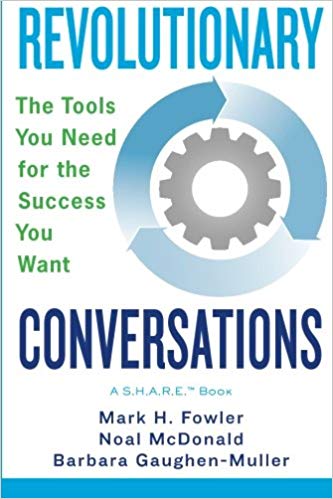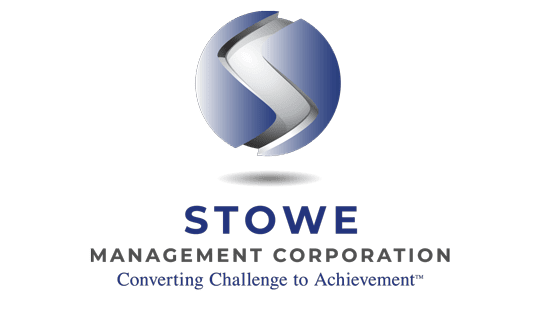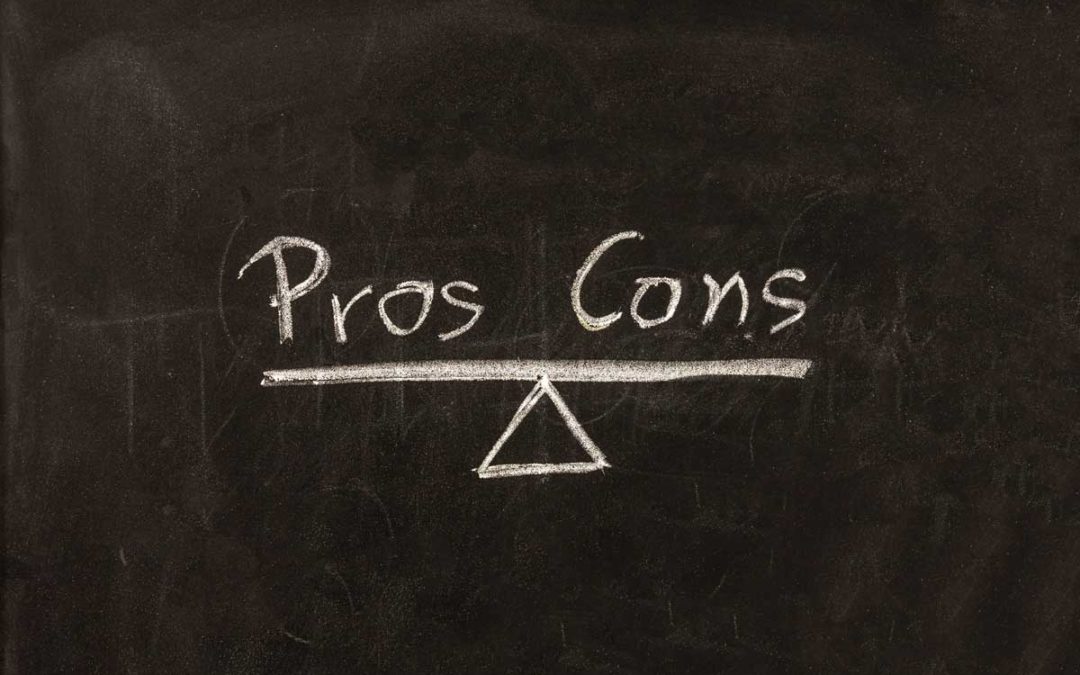Effective decision-making starts with a healthy respect for “what is going on” — as opposed to knee-jerking a process of finding a problem to solve or determining who is wrong or supposedly right.
We seem to live in a world where meetings and interactions of any kind start with a line in the sand, as noted below. It doesn’t matter whether it is government, business, personal, spiritual or religious environments. These areas can drill down to any level:
- parent-teacher conferences—not my child
- negotiations with bankers—we can’t tell them everything
- haggling in purchasing a car—I am not paying more than…
- trying to understand your teenager’s need for a purchase—no way I’m buying that
- emotional interactions with anyone—they are not going to hurt me again
We take a position and hold to it as we create lines in the sand, then we stick to it, despite losses of friends, associates, relatives, jobs, lost opportunities.
Have we seen way too many legal dramas that we can so easily find ourselves on the other side of the table with anyone, even with loved ones!
There are 2 core layers to decision-making in groups or maybe there are 2 of you:
The Pie:
Think of a lemon meringue pie or, better yet, a pizza with its 6 or 8 or more slices, expanding sizes or sections depending upon the need for information. A slice/section represents an individual or resource needed before you and others begin to move the current situation to a higher, more effective plane. Your situation might include an attorney, an insurance agent, your brother-in-law, your spouse, etc. Always asking: Who or what has information for the benefit of the situation?
I have witnessed senior management teams sit in rooms arguing over a challenge that needed more information, but they felt they could not reach out to other team members. Questions to consider:
- How much additional information or individual input is needed to clarify the situation?
- How big is the pie?
- Who or what additional influences are required to move the situation down the path?
One essential rule: each and every section has equal worth and equal say. No one individual or slice can dominate the process—if one did dominate, you may never discover what was happening—thus, effectiveness of information is marginalized. This creates a “less than” situation with an enhanced vulnerability. Its potential is not going to be where it needs to be.
You can start with a small pie, maybe 2 slices, for 2 people. They work together to figure out what they don’t know and who else needs to be involved. As this evolves, more information and more clarity arise. A perfect example of what could happen to any of us is 2 spouses who are discussing something their child did. They go back and forth trying to decide on what to do, going around and around. Then they realize that they need to include another piece or slice of the pie—their child.
When we think/believe “We Know or I Know”, your pie is only 1section, and the dynamics of the situation will never reach its potential.
Focusing on how big the pie is will save you tons of time, reduce stress, enhance relationships plus you and others will be much more effective and successful in less time.
The Puzzle:
As you expand your information base and add your needed human resources, the pieces of information begin to flow to create something like a jigsaw puzzle. This evolution is unlike a normal jigsaw puzzle, which has boundaries/defined edges. The Puzzle has no edges or boundaries because it is always expanding. As it evolves, the process moves down the path as each piece of information adds more perspective. This way, we can avoid the urge to seek an answer, a solution, instead replacing our search for these with possibilities and opportunities that will truly make a difference.
Each situation needs to be defined. Otherwise, you begin to look for problems to solve. If I fix this, I will feel better. I will be a hero. In some cases, plugging holes and putting out fires is necessary but, one way or another, you have to come to the situation and how to define it. A fire is a good example of when you need to jump in. The Fire Department has put it out and saved lives, then the situation needs to be looked at and studied because there had been no time in advance for analysis.
When you leave out or ignore the situation, overall, you reduce the power of information and transition plus components and everything on the table take on a life of their own, creating more problems down the road to be addressed.
Course Correction:
An operational process that helps move forward is “course correction.” As you gain information and support, you can begin to make changes but not big changes, simply “course corrections”—adjusting the process so as to stay on track and help to start and maintain momentum. Momentum is essential, if not the most important aspect, because it keeps the process fresh and moving. If it does not move forward, it stops; then you all begin to stagnate while seeking a solution instead of an opportunity. The solution to what? In addition, you may carelessly begin to search for someone to blame. To be clearer, a definition of “course correct”, from the Urban Dictionary:

Obviously, there is an art to this that suggests learning from others would help a great deal; given any crucial situation, in the moment, muddling through, learning on the fly is much better than trying to solve problem(s)…that might not be problem(s). To clarify, problems are often symptoms, not really problems. For instance, many of our clients have called us to find money for them. In the end, some 40% never needed additional funding (or a much smaller amount) as the cause of the cash shortfall was any number of bad habits, unmanaged cash processes, family friendly deals with clients that never pay and on and on. Don’t be fooled by a symptom. Find out what happened/is happening. Please trust in the situation.
Mary Parker Follett:
This simplified approach is not based on a whim or our observations and experiences alone, though they are important. It comes from the individual who created the whole concept of Management: Mary Parker Follett.
“Mary Parker Follett (September 3, 1868–December 18, 1933) was an American social theorist known for introducing ideas about human psychology and human relations into industrial management. Her articles and essays had a profound influence on the field of organizational behavior. Modern management theory owes much to her original ideas.” Wikipedia.
If you would like to know more about her, you might read her biography: Mary Parker Follett: Prophet of Management by Pauline Graham with an introduction by Peter Drucker.
“Follett believed that exploring “the science of the situation” (often called the Law of the Situation) involved both management and workers studying the situation together. Follett was ahead of her time in emphasizing the need for systems thinking (understanding “the whole situation”). She advocated non-coercive power-sharing in the workplace, based on use of her concept of “power with” rather than “power over.” She is credited with having coined the term “win/win” and other processes. It is the situation that determines what needs to be done, not a determination by managers alone because of their positions within the organizational hierarchy. Source: www.talkingaboutorganization.com
Known in the United States and England, Ms. Follett was one inventive and powerful force. Her biography is fascinating and most informative. Reading about her and her essays is quite an experience.
Our pie/puzzle/course-correction approach has more to it than a boot-strapped approach crafted on a whim. We have simplified these powerful tools:
- The Law of the Situation
- Power With vs Power Over
Answers lie in the Situation, without torquing by individuals of authority who often have an agenda inconsistent with the needs of the Situation.

Before I came across Ms. Follett’s work, I was already re-engineering businesses and designing major IT systems for those businesses; the concept of addressing the whole business, the whole situation, though not defined as that, was integral to our work. Along the way, I developed a set of comprehensive, interactive conversational tools, called the S.H.A.R.E.™ Tools (“Tools”). They offer a turnkey approach for all aspects of a positive, productive conversation anywhere in one’s life (from dialoguing with a taxi driver to talking with the Chairman of the Board).
In fact, the Tools are very powerful and work exceedingly well with both the Law of the Situation and Power With vs Power Over. The 5 Tools interact as a complete system, taking into consideration listening, learning, creating, talking and interacting/engaging.
When I came across Follett, after we had been conducting S.H.A.R.E.™ Tools workshops for UCLA Extension and other organizations, I was delighted how the Tools and Follett’s work were quite compatible; until then, we had never put it all together formally. For information about our multi-reward winning book Revolutionary Conversations: The Tools You Need for the Success You Want and the S.H.A.R.E.™ Tools, please forward to the end of this article.
The Tools and our book are very powerful and that is not only from my perspective. Please see below a testimonial from our Amazon account. We don’t know this person. Everything shared was based on experience, what was learned from our book and the person’s own inventiveness. We would love to talk to this person; when you read it, I think you will know why.
“5.0 out of 5 stars Very valuable tool in these times of video conferencing
Reviewed in the United States on January 4, 2021
I was fortunate to receive this book as a gift during our current “Age of Covid-19 Videoconferencing”. To add to the other reviews, which I agree with as to the value of the tools, ease of application and how to optimize results of communications, I think this proven communications tool should be added to any organization coping with the communications technologies we are all working with in the ‘remote office-place’. We are currently technologically enabled – and, with the S.H.A.R.E™ Tools, we can optimize the actual mutual understanding, and reduce assumptive patterns. Seems to me that companies who offer video teleconferencing should also add this as an added value benefit to their customers as well. This is a quick read – well worth the time and effort to implement, and will result in optimal outcomes.”
If you would like to see other testimonials, please see link below to our Revolutionary Conversations, LLC website. https://www.revolutionaryconversations.net/reviews/Summary:
If at any time in our history we needed to enhance our learning, decision making and conversational skills, it’s today. Everywhere we look, we see and find change and changes in businesses, relationships, families, the economy and more. It is essential that we not react. Understanding the people and the world around us is critical; our collaborating with those we know and those we don’t will require us to be more present, more engaging, more upfront while maintaining a genuine concern for others. The material in this article will give you tools and ways to perceive and interact (not just react) more globally and cooperatively.
Take the chance to be more involved, more inclusive plus more open to broadening your information and quality of the people you are working with. We often hear about the importance of engagement with our team members. Today, it is engagement with all involved — and especially engaging the Situation– that will make the difference. The power to move situations forward resides in the Situation and its components.
Good luck.

Mark H. Fowler, President of Stowe Management Corporation and Founder/Co-CEO of Revolutionary Conversations, LLC, is a business growth and business re-engineering expert, author and writer, business educator, public speaker and change leader. Mr. Fowler specializes in transitioning businesses from challenge to achievement to attain new levels of success: focused on enhancing revenues and profits, while instituting cultural and interactive processes that substantially increase collaboration and engagement. As a member of AICPA and California CPA Society, he has served in several leadership roles. He is a Co-Founder of the Rotary E-Club of World Peace.
A leader in the “business engagement” field for decades, he has developed systems and communication protocols, stressing importance of team empowerment and personal development. With his emphasis on engagement, he created and designed a conversation system called the S.H.A.R.E.™ Tools, which are the basis of the award-winning book Revolutionary Conversations: The Tools You Need for the Success You Want. The S.H.A.R.E.™ Tools are an essential ingredient for success in working with all forms of challenges and impediments, while always focusing on the value and well-being of all. Working with owners/executives/leaders/managers/team members in a revolutionary, transformational way to be on the same page in order to move forward together, he has aided their success with incredible achievements that were unattainable in their former reality.
Subscribe to our Podcast!
Join our podcast live! Receive our Newsletter. Benefit from Mark H. Fowler’s progressive insights for your success, you can subscribe for free and receive Mark’s valuable experience in Business Consulting, Crisis Management, Managing Growth & Profitability, Mergers & Acquisitions, Succession Planning, Systems & Operational Analysis and more.
Over the years, I have worked with many good corporate citizens, who know that many lives depend on the way they do business. In the process, not only have these businesses and organizations been more successful, but we have all had fun along the way.” –Mark H. Fowler


